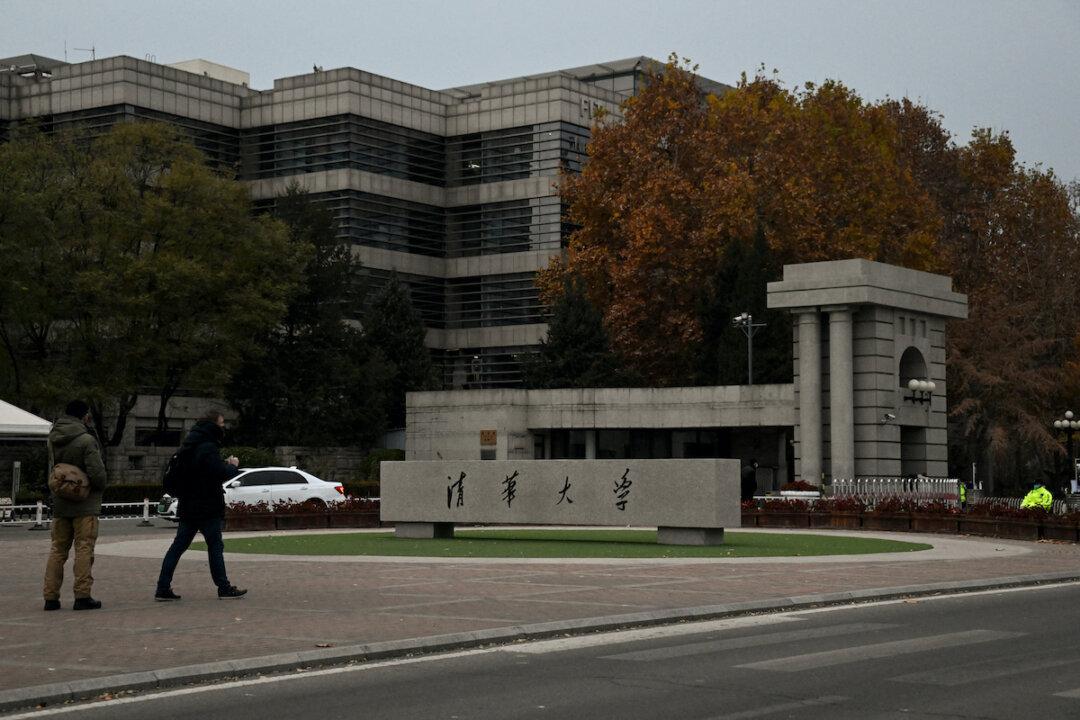As a fierce wave of COVID-19 infections invades Beijing, three more professors at Tsinghua University have died, adding to an increasing death toll among Chinese Communist Party (CCP) experts. They were also influential as members of China’s top academic advisory bodies.
On the morning of Dec. 26, internationally renowned architectural design expert Guan Zhaoye died at the age of 93. Guan was a member of the Chinese Academy of Engineering (CAE) and chief architect of Tsinghua University’s Architectural Design Institute. His obituary noted that he was “an outstanding member of the Communist Party of China.”





